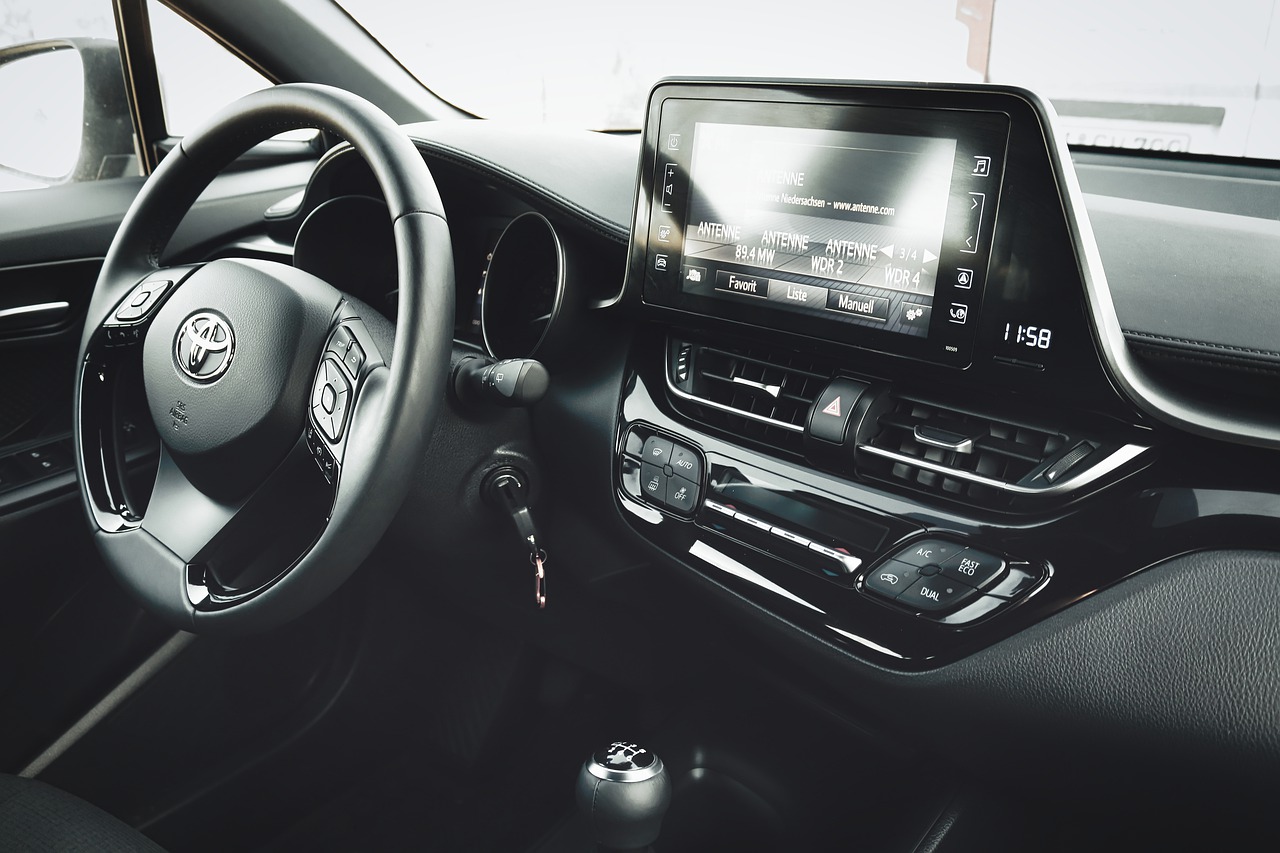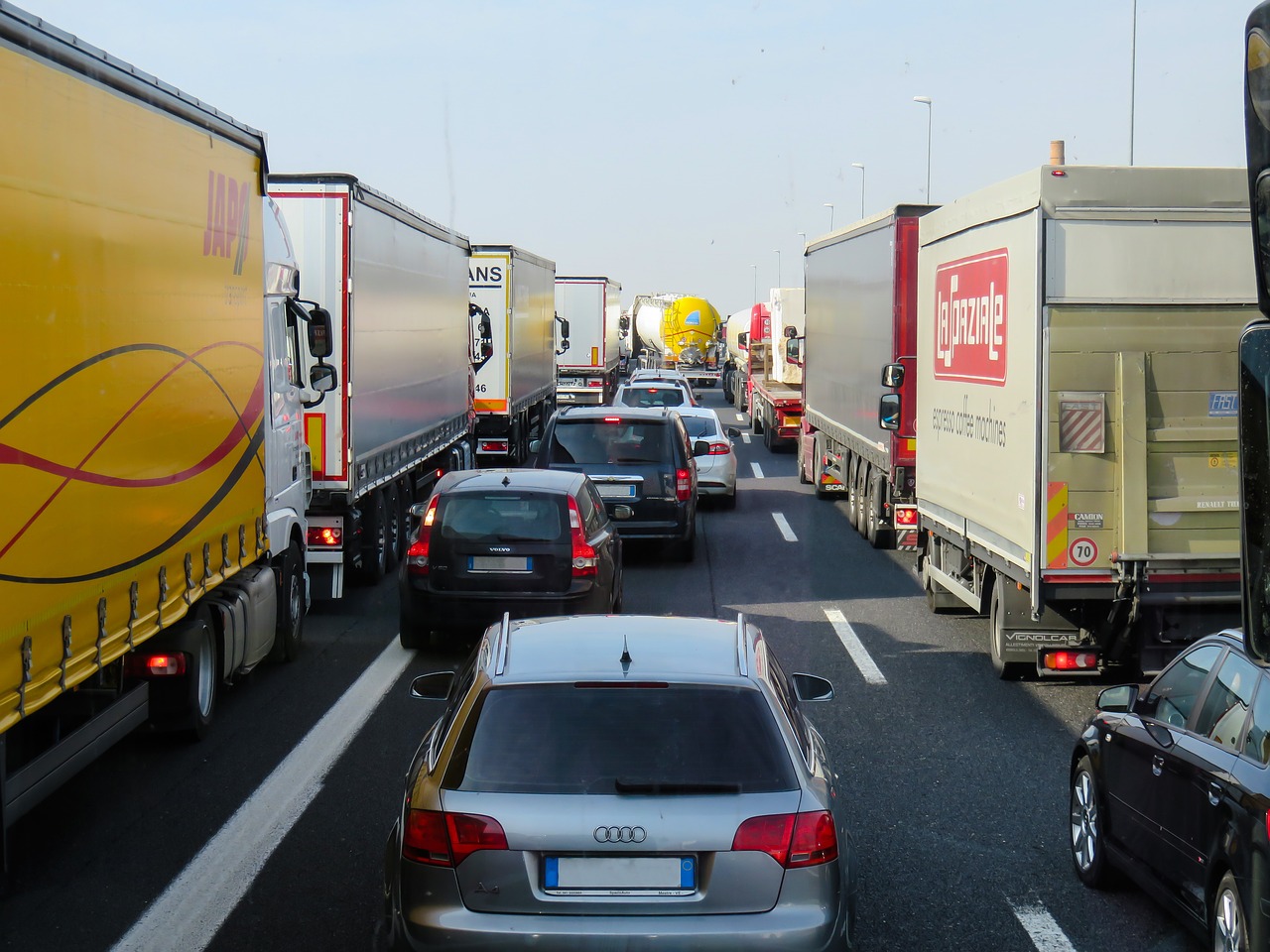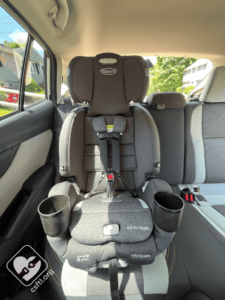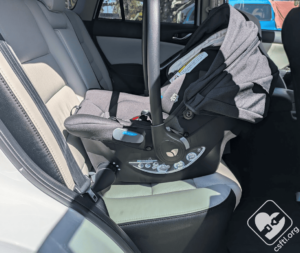Car Safety Systems: A Complete Guide

Car safety systems
When buying a car one of the important components is its safety features. In this guide, we’re looking at advanced active car safety systems and what they do. In other words, we’re taking a closer look at all the features that car manufacturers are installing to keep you safe on the road.
There are some safety systems that are essential by law in the UK. Others are optional, but more and more car brands are choosing to apply them to make Britain’s roads safer. Seatbelts, airbags and child seats are the practical and mandatory safety features we’re used to, but there are also plenty of electronic safety systems at work in the modern car.
Anti-Lock Braking System
The ABS system prevents the car’s wheels from locking up when you need to do an emergency stop. It’s important to prevent skidding. This system comes with a dedicated warning light that will show on your dashboard if there is an issue. All recent cars have this and you should expect it as standard.
Electronic Stability Control
Electronic stability control, or ESC, is all about ensuring your car remains stable by reducing loss of traction. Similarly to the ABS system, it helps prevent skidding. It is also know as dynamic stability control (DSC). Sensors in the wheels monitor the power and spin of each wheel and the onboard computer can identify unnatural conditions when the wheels loose traction. The computer automatically adjusts by changing the braking applied to inidivdual wheels and reducing the engine power. 80-90% of new cars have this as standard.
Adaptive Cruise Control
Cruise control automatically makes your car drive at a certain speed. For example if you are on a motorway you can set the car to the speed limit and just steer – making long drives much less tiring. However, on busy roads this feature can become redundent if the speed of the cars around you is always chainging. You find yourself having to brake and accelerate so much you can never maintain a steedy speed. Adaptive cruise control fixes this porblem by maintaining a safe distance between your car and the one infront. If traffic slows then your car will automatically reduce its speed, once traffic speed increases again the cruise control accelerates until you reach the original speed you set.
 Adaptive cruise control is perfect in these conditions
Adaptive cruise control is perfect in these conditions
Tyre pressure monitoring system
This system monitors the air pressure in your tyres. This can be displayed via a gauge or warning light on your dashboard. This will show you when your tyre pressure falls lower than the recommended amount. It’s a smarter way to know when your tyres need a bit of a boost. Your tyres are the most important safety feature of your car and they won;t work effectively if they are not a the correct pressure. Over or under inflated tyres can reduce the life of your tires and make them less effective and more liable to burst.
Lane departure warning
This technology detects when your tyre comes into contact with a lane marker. It’s designed to detect accidental drifting which could cause a collision. The warning can be a flashing indicator, beeping noise, or even a gentle vibration of the steering wheel or driver’s seat.
Lane departure warning systems should not alert you when your turn signal is on to prevent the system being activated too often and when it’s not necessary.
Automatic headlights
Automatic headlights can detect light levels and will automatically switch on when you need them. Going one step further, you can also find cars fitted with night vision systems. These help to extend the perception of the driver.
Automatic emergency braking
Automatic emergency braking is the ultimate safety feature. When the car detects an imminent collision it can automatically apply the brakes, even on full pressure, to either prevent or minimise the impact of an accident.
Road sign recognition
While your eye should always be on the road and pick-up on the essential road signs and signals, road sign recognition acts as an assistant. Should you miss something important, you’ll be kept informed and can adjust your driving to stay safe.
There you have the top car safety systems and what they do. While not all of these features will be available with every car model, if there’s a safety system that you feel you could benefit from having, it’s worth asking your new or used car dealership which brands and models include them.







